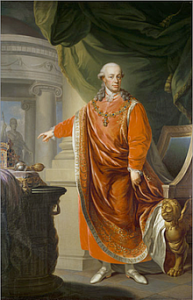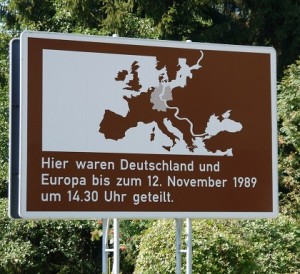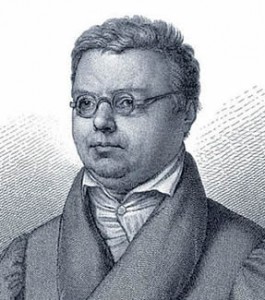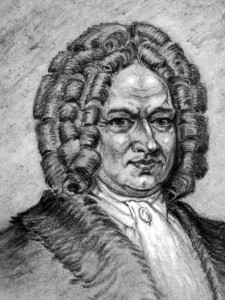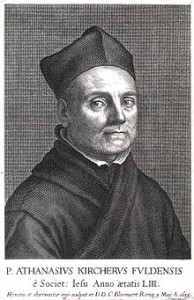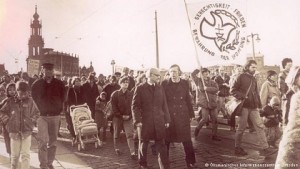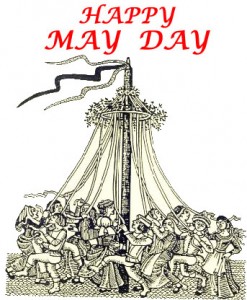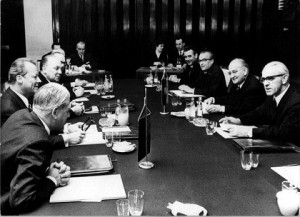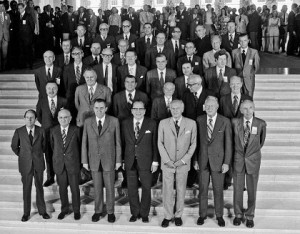May 5, 1352 Birth of Rupert, the Elector of the Holy Roman Empire, in Amberg, Germany. May 5, 1525 Death of Friedrich III (the Wise), Elector of Saxony in Lochau, Germany. Friederich served as the protector of Martin Luther after the imperial ban of 1521. He housed Luther at the castle named the Wartburg where Luther translated the … [Read more...]
Opening of the Berlin Wall and Unification
November 9, 1989 will be remembered as one of the great moments of German history. On that day, the dreadful Berlin Wall, which for twenty-eight years had been the symbol of German division, cutting through the heart of the old capital city, was unexpectedly opened by GDR border police. In joyful disbelief, Germans from both sides climbed up on the … [Read more...]
The Last Days of East Germany
In January 1988, Honecker paid a state visit to France. By all indications, the long stretch of international isolation appeared to have been successfully overcome. The GDR finally seemed to be taking its long-sought place among the international community of nations. In the minds of the GDR's old-guard communists, the long-awaited international … [Read more...]
May 4 in German History
May 4 Feast Day of St. Florian ( ? – ca. 304) St. Florian was a Roman military officer stationed in Lorch, Austria (at that time Lauriacum in the Roman Empire). Florian adopted the new Christian religion. He refused to give up his faith when arrested during the persecution of Diocletian. He was tortured and finally killed. A stone was tied around … [Read more...]
May 3 in German History
May 3, 996 The first German Pope, Gregory V, was consecrated on this date. (There had been an earlier Gothic Pope, Boniface II, who had reigned from 530-532. Gregory V was the first Pope with West Germanic origins.) Gregory V's name was Bruno von Kärnten. We are not certain of the exact date and specific location of his birth. Like his East … [Read more...]
May 2 in German History
May 2, 1507 Martin Luther is consecrated a priest at the Augustinian monastery in Erfurt, Germany. May 2, 1601 Birth of Athanasius Kircher (1601-1680) in Geisa, Germany. Kircher studied in Fulda, Paderborn, Cologne and Koblenz. In 1628 he was ordained a Jesuit priest in Mainz. In 1634 he moved to Rome and took up the task of assembling … [Read more...]
The Peace Movement and Internal Resistance in GDR
The GDR leadership welcomed protests against weapons and war as long as they occurred in the FRG. However, when a small group of East German pacifists advocating the conversion of "swords into plowshares" demonstrated in 1981 against the presence of Soviet missiles on GDR soil, as well as against the destruction of the environment by the dumping of … [Read more...]
May 1 in German History
May 1 Tag der Arbeit (Labor Day) May 1, 178 Saint Boniface (Winfried) is named Archbishop of Mainz and Primate of Germany by Pope Zachary. May 1, 1218 Birth of Rudolf I in Limburg-im-Breisgau, Germany. Rudolf was the first King of the Germans from the Habsburg dynasty. He was elected German king in Frankfurt am Main and … [Read more...]
Relations Between the Two Germanys
Although Honecker pursued a tough policy against internal dissidents and carefully guarded the GDR's unique identity as the state in which the old Marxist dream of socialism had become a reality, he was keenly aware of the necessity for communication and reasonable working relations with the FRG. His dream of being received at the White House as a … [Read more...]
The Conference on Security and Cooperation in Europe
Keen to gain international recognition of its sphere of interest and believing that such recognition would solidify its grip on its East European satellite states, the Soviet Union, beginning in the early 1970s, sponsored an initiative calling for the convening of a Conference on Security and Cooperation in Europe (CSCE). For the West, such … [Read more...]
- « Previous Page
- 1
- …
- 99
- 100
- 101
- 102
- 103
- …
- 139
- Next Page »
